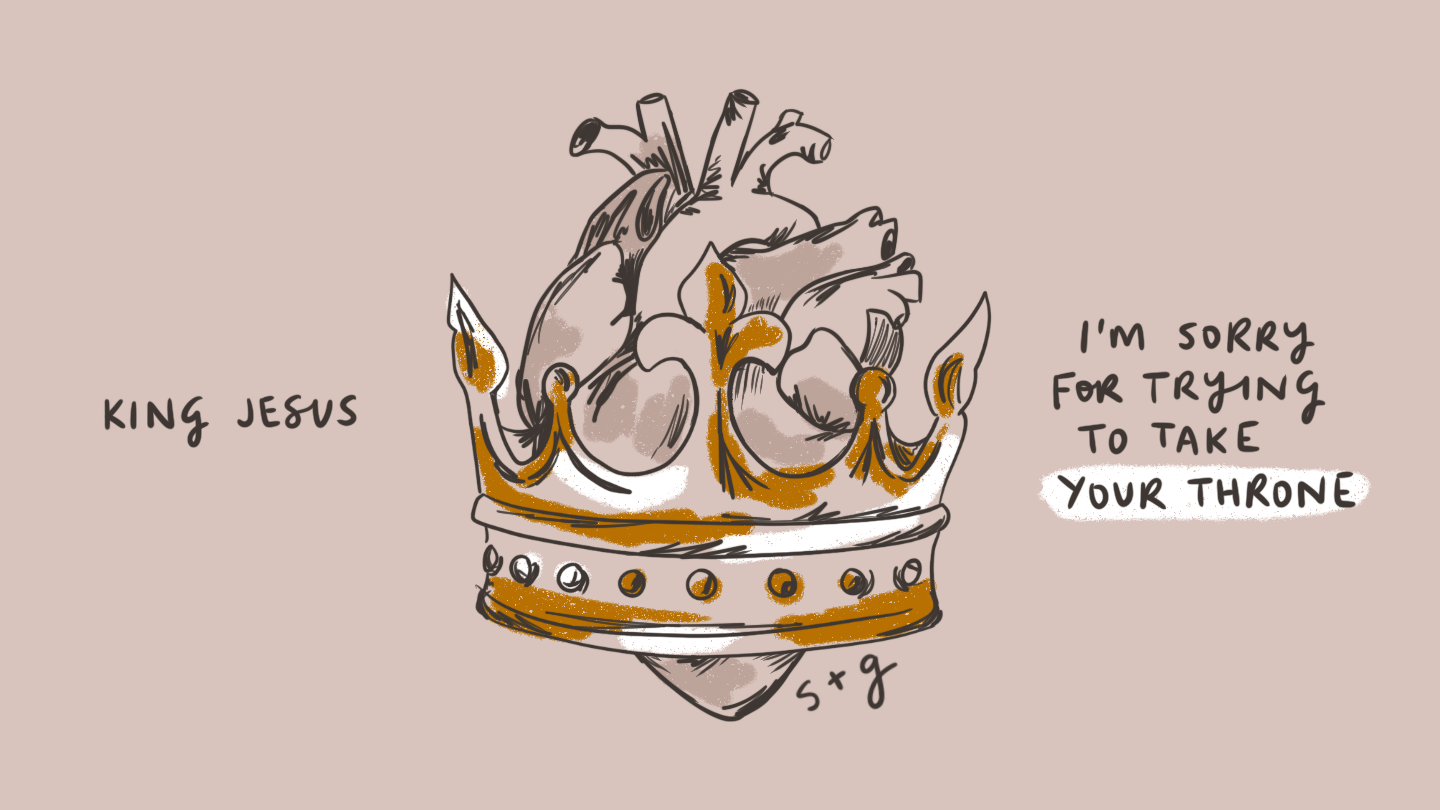Christmas: The Things We May Have Missedنموونە

Day 7: King Herod (Keys To Healthy Leadership)
A Strong Leader Isn't Necessarily A Healthy One
When I went to ministry college in California, I was 26 years old. I had worked in ministry leadership for nearly a decade already. I thought I knew what I was doing. I thought I knew what being a good leader looked like.
Some of what I had learned was good. But I spent most of the year feeling like God was undoing everything I'd learnt - about who He was, about who I was, and what healthy leadership was like. I was a strong leader, but that didn't necessarily mean I was a healthy leader.
A Bad King
There's no two ways about it - Herod was a bad king. I cringe every time I hear about Herod's leadership; the way he pretended to want to worship Jesus in order to find Him and kill Him, the way he abused his power to massacre an entire generation of male babies in the region of Bethlehem out of fear that a new king was rising up who would be more powerful than him.
King Herod is an unusual focus point for the Christmas season, but I think there's something we can learn here about leadership. You might not realise it, but you are a leader. We all have areas of our lives where we are in a position of influence, whether it's in the workplace, classroom, a social setting, church, politics, or family.
Here are a few key areas where I think King Herod went wrong, and things we can learn from it:
- Fear. He was afraid that someone else would steal his leadership, and this was what motivated him to make terrible choices. When we let fear be the biggest voice in our lives, we will make poor choices. Jesus came, the Prince of Peace, so that we would have access to freedom (Jn 8:36), a sound mind (2 Tim 1:7), and peace that surpasses understanding (Phil 4:7).
- Absence of Fear of the Lord. He had put himself in the place of God, even to the point of seeking to kill the Messiah so the Messiah wouldn't threaten his position.
We all have a 'throne' in our heart, where Jesus should rightfully sit as King (Rev 19:16) - but sometimes we are tempted to move Him off of it and go sit up there ourselves. Fear of the Lord is not being afraid of God - it is fully understanding who He is. When we recognise God's sovereignty, His goodness, His trustworthiness, the magnitude of His sacrifice out of love for us, we want to worship Him and have Him remain as our King. In a leadership context, there's also the relief of knowing that ultimately, King Jesus is in control and will give you all the help and wisdom you need. You don't have to force yourself into a room, and you don't have to work to keep yourself there. You get to let God open the doors, give you the favour, and your assignments. Perhaps if King Herod had understood this, he wouldn't have been afraid of losing his position. - Failure to raise up other leaders. Herod didn't want to risk another leader rising up who would be more powerful than he was. In healthy leadership, we look for ways to invest in the next generation, and 'make our roof their floor to build upon.'
Your Life Today
Even if you feel like you've picked up some unhealthy habits or versions of leadership in your life, today is a great day to start unbuilding some of them and rebuilding in a healthy way. Which of the three key areas resonates with you the most? 🕊️

کتێبی پیرۆز
دەربارەی ئەم پلانە

What have we missed about the Christmas story? Through brand new Salt + Gold artwork, scripture, and real-life stories, explore the people, interactions, moments, and objects often unnoticed within the familiar Christmas story. From messy mangers to wild dreams, come and see the things you may have missed about Emmanuel - and the God who never misses you.
More









